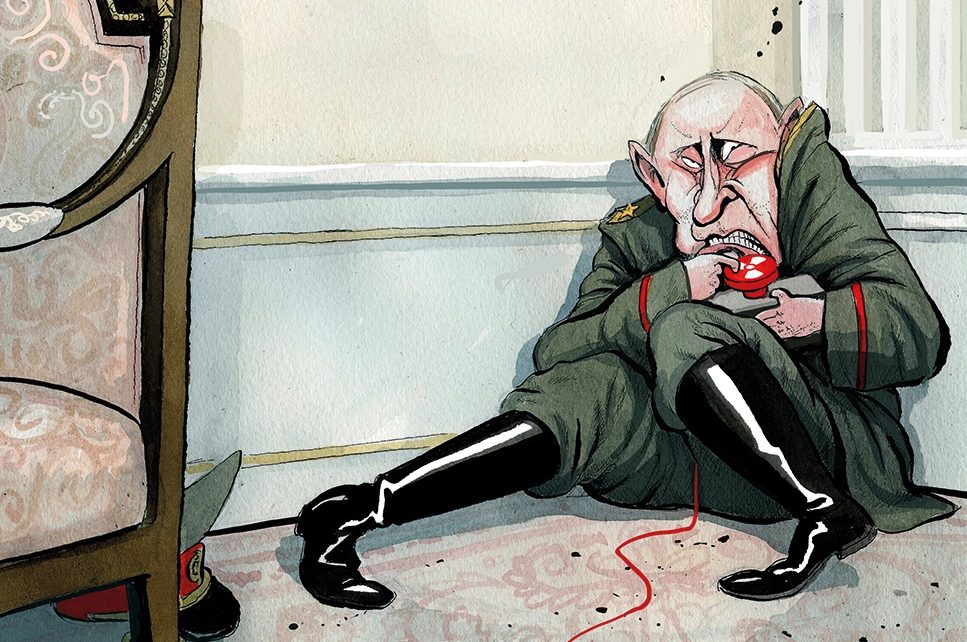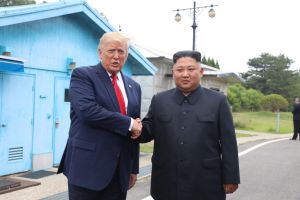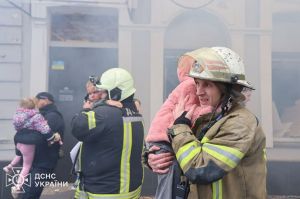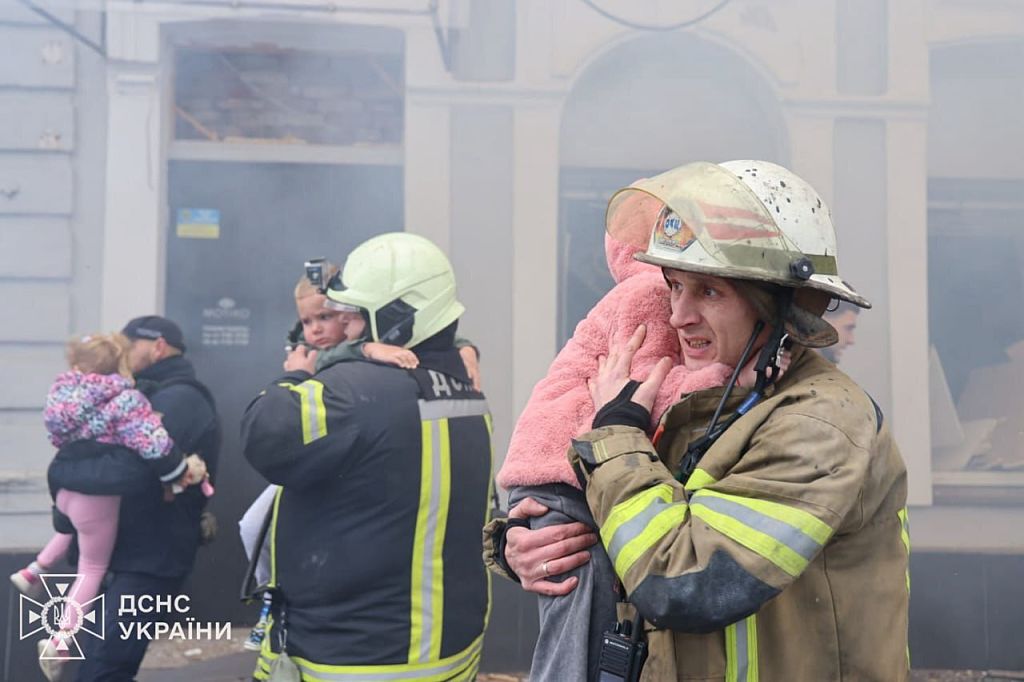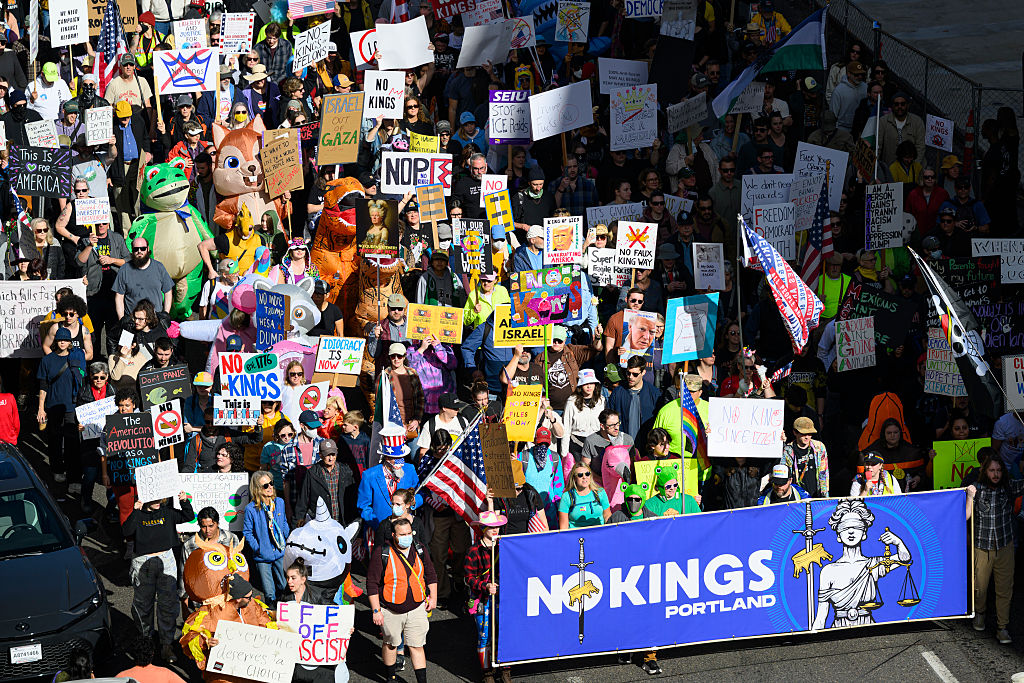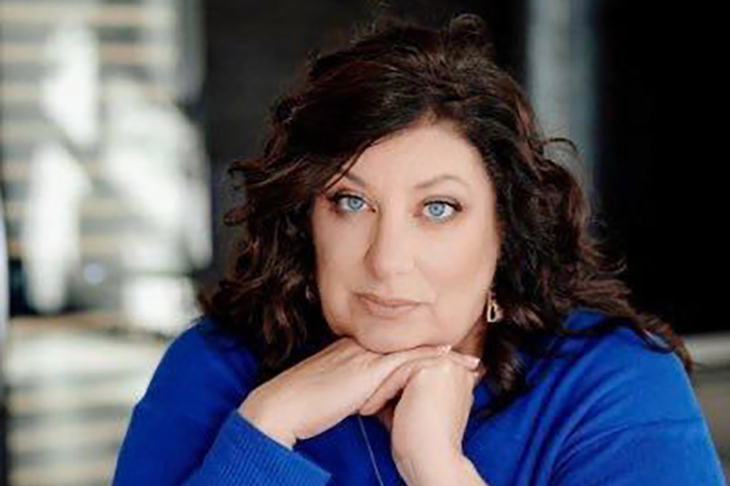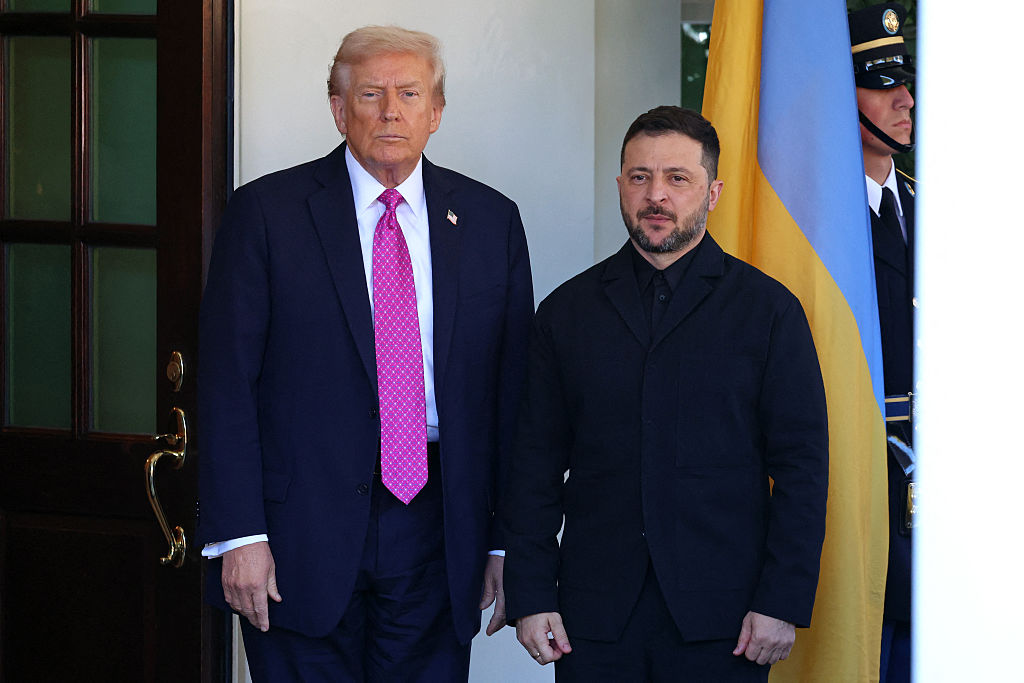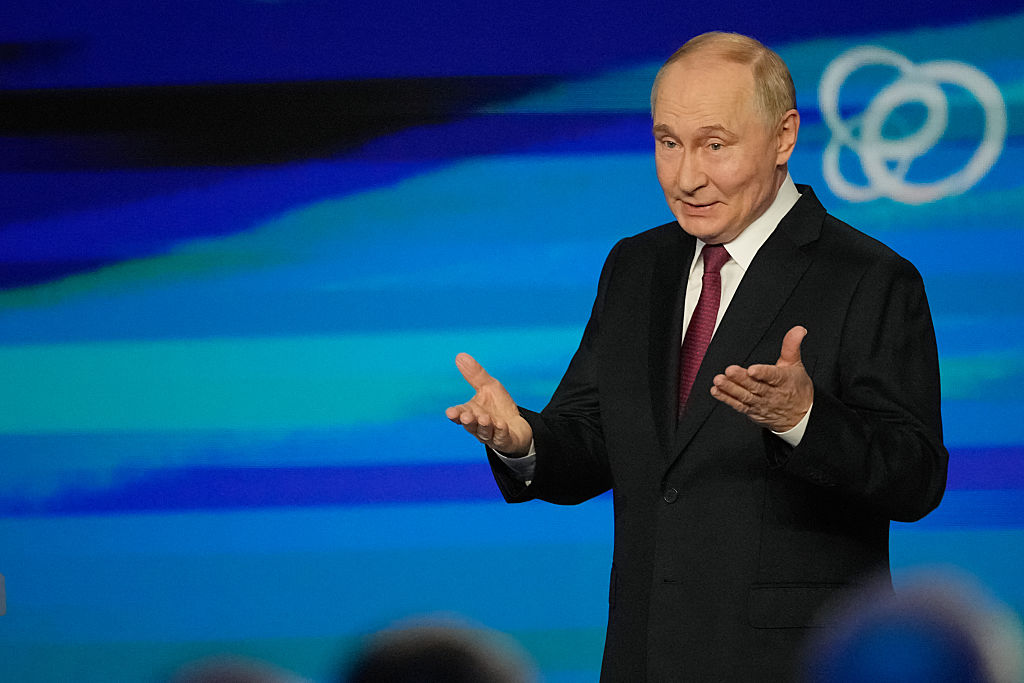“Does Putin even still exist? Where is he anyway?” asked Igor Strelkov, former minister of defense of the self-declared Donetsk People’s Republic last month in one of the regular video rants he publishes on his Telegram channel. It’s a good question. Since May 3, the Kremlin has been struck by two Ukrainian drones while up to thirty more have fallen among the billionaire dachas of Russia’s elite along the exclusive Rublevo-Uspenskoe highway. Anti-Putin Russians attacking from Ukraine have seized at least eight villages in Belgorod province, capturing Russian soldiers and sending drones to hit the regional capitals of Belgorod, Voronezh and Kursk. Russia’s Wagner mercenary group captured and beat up a Russian regular army battalion commander and forced him to make a hostage-style video admitting to drunkenly ordering his men to shell Wagner positions. Meanwhile, Wagner’s founder and chief, Yevgeny Prigozhin, has been touring Russia drumming up recruits and giving a series of highly inflammatory interviews in which, among other things, he has called for defense minister Sergei Shoigu to be tried and shot for facilitating “the genocide of the Russian population.”
And Putin? As Strelkov put it, Russia’s “commander-in-chief has withdrawn from hostilities.” Over recent weeks Putin has appeared to tell an audience of children that he sleeps “very well at night;” to briefly claim that the Ukrainian counter-offensive has “failed to achieve any of its goals” despite then admitting Russia had lost fifty-four tanks last week; and to have breakfast with his ally Alexander Lukashenko and agree that Russian tactical nuclear missiles would be deployed in neighboring Belarus. In all these appearances Putin looked stiff, puffy and stilted. “You can make reports to a mummy, but it does not mean that the reports are heard,” continued Strelkov in an open attack on Putin. “Either we must hand over power to someone more competent, or take it upon ourselves to carry this burden. If a horse has drowned crossing a river, you can’t conceal it for ever. The wagon is sinking.”
As Russia flounders under Ukrainian attack, Putin is conspicuous by his absence. The most realistic and articulate public voice on the unfolding jeopardies facing Russia is Wagner’s founder Prigozhin — who is also one of Russia’s most bloodthirsty and aggressive ultra-patriots. “Conscripts are being thrown against an enemy who is well-prepared and well-armed,” said Prigozhin, who served nine years in jail for theft and later became a billionaire caterer and close Putin ally.
Addressing his bête noire Shoigu, Prigozhin demanded: “Did you prepare for this war at all? Did you check that the army was ready? Why haven’t you gone to the Duma, admitted that we are completely screwed and asked for martial law to be declared?” Prigozhin trashed Russian ministry of defense claims that an incursion by the Ukraine-backed Russian volunteer corps in Belgorod had been repelled and claimed that official photos of dead invaders had been faked. He contrasted Ukraine’s evacuation of the civilian population of Bakhmut followed by a “brave and honorable defense,” to the Russian authorities’ “totally contemptuous abandonment” of civilians in frontline Belgorod towns like Shebekino. “They don’t care what happens to people anywhere they are not — except on Rublevka,” he railed, referring to the luxury suburb of Moscow where Putin and the Russian elite reside. “It’s good that the Ukrainians hit that.”
Even more pointedly, Prigozhin claimed that the two places in Russia that NATO would never attack were the headquarters of the general staff in Moscow and the army’s command post in Rostov-on-Don because if the enemy did succeed in eliminating Russia’s current army command, “we might have a chance of winning this war.” Supposedly quoting letters from residents of Belgorod appealing to Wagner for help, Prigozhin floated the idea that Russia should be like the military dictator General Augusto Pinochet’s Chile, with “the Russian elite in a stadium surrounded by armed men with machine-guns.” He also warned that Russia risked a revolution similar to the one in 1917 because of the divide between “the Kremlin elite” and ordinary Russians whose children “come back in zinc coffins” from Ukraine.
This is more than just fighting talk; it’s an open call for insurrection. And to be clear, Prigozhin is no marginal eccentric. He is — or at least was — a personal ally of Putin, and his Wagner mercenaries have been a key part of the Kremlin’s war effort in Ukraine. He commands a heavily armed force at least 50,000-strong who are fiercely loyal to him. And such is Prigozhin’s contempt for the regular Russian army that earlier this month his men arrested and tortured Lieutenant Colonel Roman Venevitin, commander of Russia’s 72nd Motorized Rifle Brigade. On his release, Venevitin claimed that Wagner regularly “issued death threats, stole military hardware… kidnapped [Russian soldiers] and tried to trade them for ammunition, forced them to work as warehousemen for the killed and wounded, used simply as laborers, like slaves.” In his latest video interview Prigozhin made an open threat that he and Wagner would come and liberate Belgorod if the regular Russian army could not. “My commanders are angry — when they hear defense ministry briefings they grab their pistols,” he growled. “We won’t allow Shoigu’s daughters and sons-in-law to sit and lubricate their asses with Vaseline while grandmothers and children die like dogs in Belgorod… And it’s not far from Belgorod to Rublevka.”
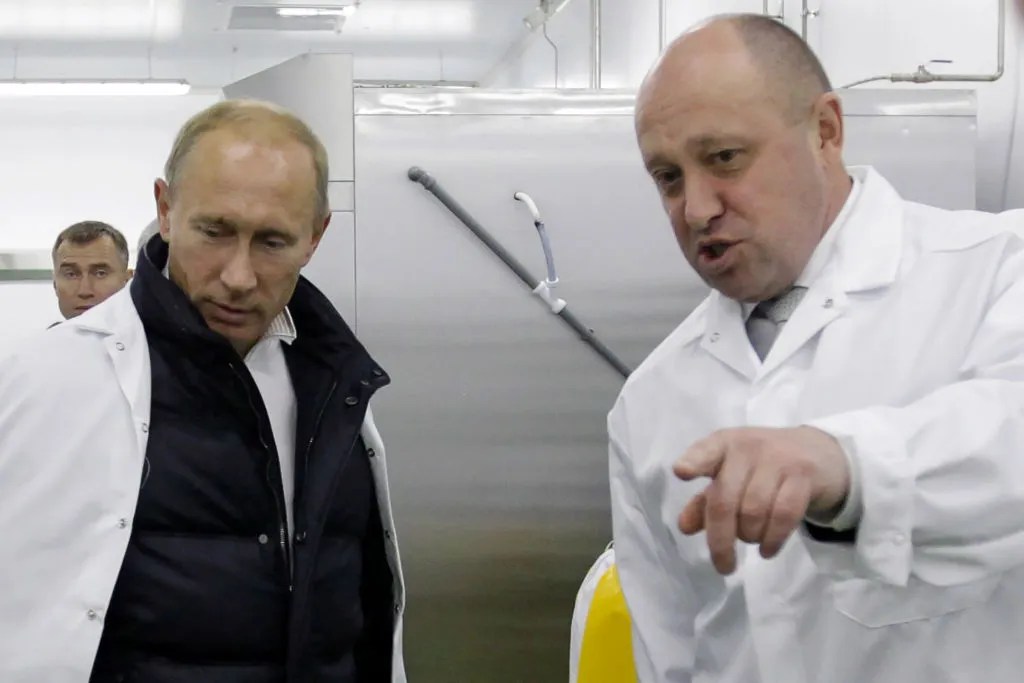
How Prigozhin still walks the earth — let alone remains at liberty to openly trash the Russian war effort and literally threaten Putin’s top ministers with death — is a mystery. Some Machiavellian minds have argued that Prigozhin is useful to the Kremlin as a kind of extremist bogeyman who makes Putin appear sane and reasonable, much like the ultra-nationalist firebrand Vladimir Zhirinovsky did in his time. But the more likely explanation is that Prigozhin has risen into a power and charisma vacuum left by Putin’s apparent paralysis.
There are other signs that the Kremlin is losing control of the overall war narrative. Last week one of Russia’s most aggressive propagandists, Margarita Simonyan, suddenly suggested that the war could no longer be won. “Wouldn’t it be wonderful to stop this bloodshed right now?” Simonyan said on Vladimir Solovyov’s long-running show on state-owned television. “Leave the front lines where they are, freeze the conflict and hold referendums? People can stay with whichever side they choose to stay with.” Konstantin Zatulin, a senior lawmaker and member of the ruling United Russia party, told a televised forum that the invasion had achieved none of its declared aims. “Let’s get out of this somehow,” Zatulin said — prompting an investigation by his party apparatus.
A poll last month by the Moscow-based FOM agency found that 53 percent of Russians considered their family and friends “in an anxious mood,” a jump of 11 percent since April.
Will the evident nervousness in the Russian elite over the looming prospect of defeat and the threat represented by the likes of Prigozhin and Strelkov translate into a climbdown by Putin? Don’t bet on it. A desperation–driven escalation by the Kremlin is an equally plausible outcome — including martial law, mass mobilization and a tactical nuclear strike. Evidence is growing that the Kakhovka dam was deliberately dynamited by the Russians, despite the fact that their own positions were the worse affected by the resultant flooding and that the dam’s demolition cut off the Crimean peninsula from fresh water supplies.
A regime that is capable of such a massively self-defeating act of stupidity and mass destruction is capable of anything. Putin was dangerous enough when he was strong, confident and aggressive. Now, as he retreats into silence and paralysis and those calling for him to escalate grow more strident and more fearless, his career could be entering its most dangerous and unpredictable phase yet.
This article was originally published in The Spectator’s UK magazine. Subscribe to the World edition here.



